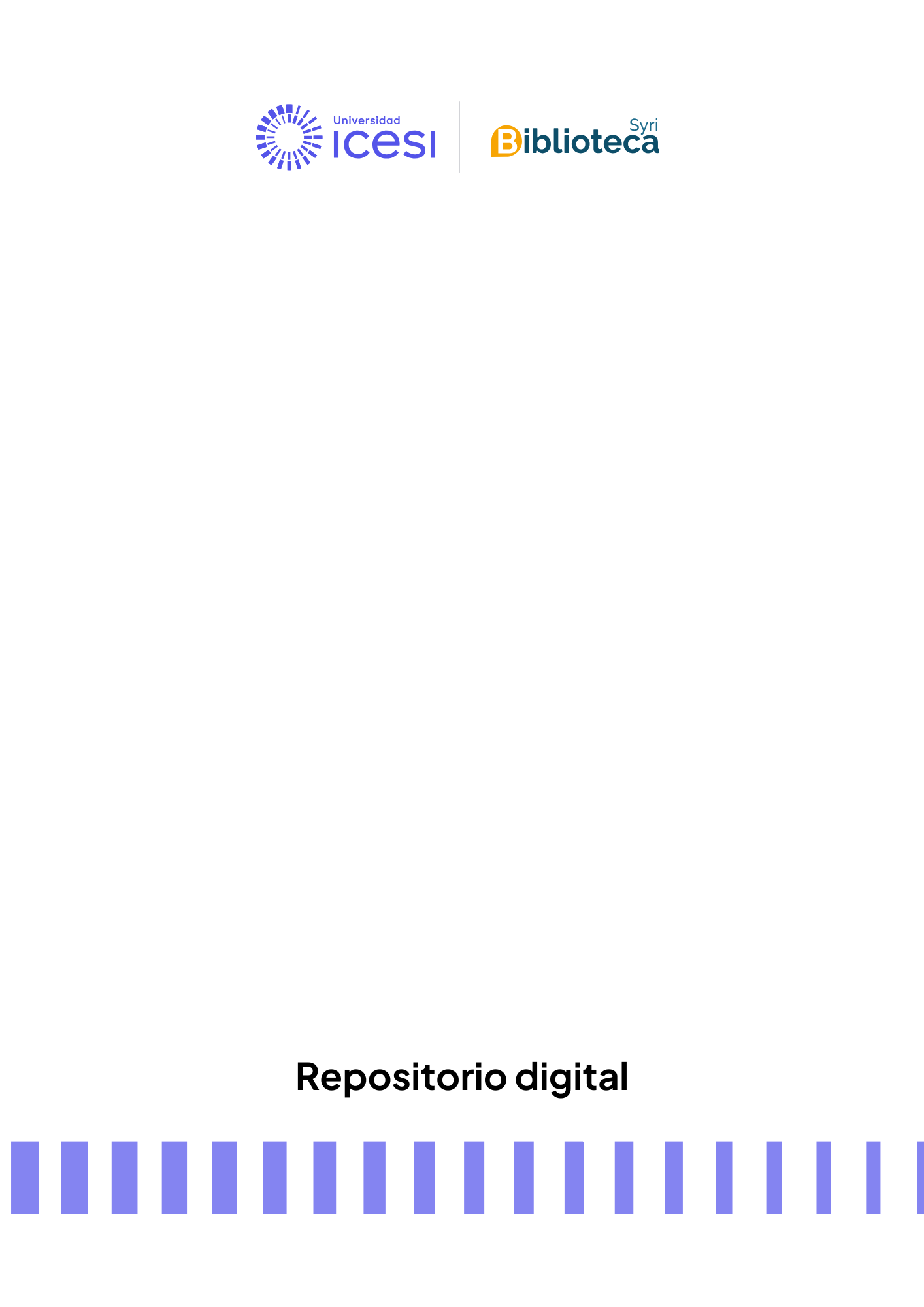Precedente - Revista Jurídica Vol. 14
URI permanente para esta colecciónhttp://hdl.handle.net/10906/84505
Examinar
Envíos recientes
Ítem Reflexiones éticas sobre el hacinamiento carcelario en la sentencia T-153 de 1998(Universidad Icesi, 2018-01-03) Arcos Troyano, JeffreyThis article attempts to present a critique of ethical and legal implications underlying at the moment of declaring an unconstitutional state of affairs against the problem of overcrowding in prisons by the Colombian Constitutional Court, highlighting not only the massive violation of fundamental rights, but also the indifference with which operate citizens in Colombia, relegating to a minority of the population becomes vulnerable to the residual treatment of society and a State that refuses to solve that problem, citing a budget deficit and an inability of its institutions to face them; attacking on many fronts the work done by the Court in this important decision.Ítem Declaraciones y garantías en fusiones y adquisiciones empresariales: una aproximación desde el interés contractual y la teoría de la causa(Universidad Icesi, 2019-01-03) Escandón Lozano, Caludia LorenaIn contracts for the sale of shares and acquisitions of companies, it is very common to find the so-called «Declarations and Guarantees» clause. In it, the parties usually make a series of statements that inform about the quality and origin of the thing sold -which is precisely the Company-; as well as statements that provide important and necessary information to contract (financial statements, the status of the actions, the pending litigation, the handling of labor issues, hidden liabilities, licenses, industrial property, contracts, etc.). Once these statements are made, responsibilities are assumed for the veracity, accuracy or accuracy of the information provided, to the point of preaching a breach of contract otherwise. In this article I intend to make an analysis of the scope and meaning of this legal concept, in the particular Colombian context, focusing on the theories of the «legal cause» and on solving the question of what is the way in which its breach is corrected when you are They are false or inaccurate.Ítem Legalidad de la prueba y la exclusión(Universidad Icesi, 2019-01-03) Echeverry Enciso, YecidThe principles, within the Colombian legal system, are considered as norms of immediate application, for the role they play in the protection of fundamental and constitutional guarantees to citizens. In this sense, they are precepts against which one cannot be indifferent, especially when dealing with the actions of a judicial or administrative authority, since their activities are regulated by legal requirements, which must always support such actions. This is how we arrive at the principle of legality or duty of justification of administrative action in previous normative precepts. In this sense, the principle of legality guarantees in the process that all stages are met in accordance with what is legally established, a situation that involves, as is logical, the evidentiary stage both in obtaining the evidence and in its incorporation into the process; these stages are expressly regulated, and the lack of those guidelines or the violation of rights and fundamental guarantees during their execution are sufficient reason to invalidate and exclude the evidence of the process as sanction for its illegality.Ítem Wrongful Birth: ¿un daño resarcible en el ordenamiento jurídico colombiano?(Universidad Icesi, 2019-01-03) Vega Cerón, ZullyEl presente artículo pretende resolver la siguiente pregunta de investigación: ¿en casos de nacimientos con enfermedades congénitas que involucran una discapacidad física o mental, inadvertidas oportunamente debido a un error de diagnóstico prenatal, es posible pregonar que respecto de los padres se configura un daño susceptible de reparación en el ordenamiento jurídico colombiano? Para dar respuesta a la cuestión, se hace una revisión de la acción denominada wrongful birth en el derecho comparado y su autonomía frente a otras wrongful actions relacionadas con el ejercicio de la libertad reproductiva y la paternidad responsable (wrongful life, wrongful conception y wrongful adoption), con base en lo cual se emprende el análisis de cada uno de los elementos de la responsabilidad civil en nuestro país en los supuestos de wrongful birth, para concluir su viabilidad en Colombia y presentar un esquema de cómo podría ser la reparación de perjuicios.Ítem Nuevos fallos jurídicos y fallas económicas de la Corte Constitucional colombiana(Universidad Icesi, 2019-01-03) Gaviria, Juan AntonioIt is undeniable that the Constitutional Court has issued numerous sentences of advanced during its existence. However, his work is not so commendable in economic matters. Indeed, citing noble purposes but with a wrong or non-existent technical analysis, the Constitutional Court has recently issued rulings with harmful economic effects. This article shows some examples of such failures, indicating why these generate macroeconomic difficulties or, alternatively, cause microeconomic distortions in certain markets. This article also analyzes the reasons that motivate these economic failures to finally propose some courses of action to avoid these errors.

